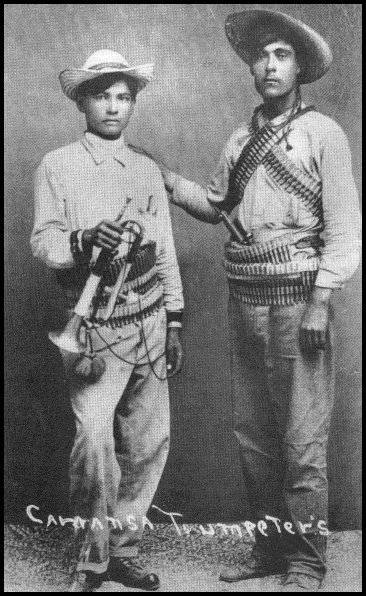Butterfly

During the next few weeks Miss Ryan overcame my fears of tall, energetic teachers as she bent over my desk to help me with a word in the pre-primer. Step by step, she loosened me and my classmates from the safe anchorage of the desks for recitations at the blackboard and consultations at her desk. Frequently she burst into happy announcements to the whole class. "Ito can read a sentence," and small Japanese Ito, squint-eyed and shy, slowly read aloud while the class listened in wonder: "Come, Skipper, come. Come and run." The Korean, Portuguese, Italian, and Polish first graders had similar moments of glory, no less shining than mine the day I conquered "butterfly," which I had been persistently pronouncing in standard Spanish as boo-ter-flee. "Children," Miss Ryan called for attention. "Ernesto has learned how to pronounce butterfly!" And I proved it with a perfect imitation of Miss Ryan. From that celebrated success, I was soon able to match Ito's progress as a sentence reader with "Come, butterfly, come fly with me."
Like Ito and several other first graders who did not know English, I received private lessons from Miss Ryan in the closet, a narrow hall off the classroom with a door at each end. Next to one of these doors Miss Ryan placed a large chair for herself and a small one for me. Keeping an eye on the class through the open door she read with me about sheep in the meadow and a frightened chicken going to see the king, coaching me out of my phonetic ruts in words like pasture, bow-wow-wow, hay, and pretty, which to my Mexican ear and eye had so many unnecessary sounds and letters. She made me watch her lips and then close my eyes as she repeated words I found hard to read. When we came to know each other better, I tried interrupting to tell Miss Ryan how we said it in Spanish. It didn't work. She only said "oh" and went on with pasture, bow-wow-wow, and pretty. It was as if in that closet we were both discovering together the secrets of the English language and grieving together over the tragedies of Bo-Peep. The main reason I was graduated with honors from the first grade was that I had fallen in love with Miss Ryan. Her radiant no-nonsense character made us either afraid not to love her or love her so we would not be afraid, I am not sure which. It was not only that we sensed she was with it, but also that she was with us.
Like the first grade, the rest of the Lincoln School was a sampling of the lower part of town where many races made their home. My pals in the second grade were Kazushi, whose parents spoke only Japanese; Matti, a skinny Italian boy; and Manuel, a fat Portuguese who would never get into a fight but wrestled you to the ground and just sat on you. Our assortment of nationalities included Koreans, Yugoslavs, Poles, Irish, and home-grown Americans.
Miss Hopley and her teachers never let us forget why we were at Lincoln: for those who were alien, to become good Americans; for those who were so born, to accept the rest of us. Off the school grounds we traded the same insults we heard from our elders. On the playground we were sure to be marched up to the principal's office for calling someone a wop, a chink, a dago, or a greaser. The school was not so much a melting pot as a griddle where Miss Hopley and her helpers warmed knowledge into us and roasted racial hatreds out of us.
At Lincoln, making us into Americans did not mean scrubbing away what made us originally foreign. The teachers called us as our parents did, or as close as they could pronounce our names in Spanish or Japanese. No one was ever scolded or punished for speaking in his native tongue on the playground. Matti told the class about his mother's down quilt, which she had made in Italy with the fine feathers of a thousand geese. Encarnación acted out how boys learned to fish in the Phillipines. I astounded the third grade with the story of my travels on a stagecoach, which nobody else in the class had seen except in the museum at Sutter's Fort. After a visit to the Crocker Art Gallery and its collection of heroic paintings of the golden age of California, someone showed a silk scroll with a Chinese painting. Miss Hopley herself had a way of expressing wonder over these matters before a class, eyes wide open until they popped slightly. It was easy for me to feel that becoming a proud American, as she said we should, did not mean feeling ashamed of being a Mexican.
The Americanization of Mexican me was no smooth matter. I had to fight one lout who made fun of my travels on the diligencia, and my barbaric translation of the word into "diligence'" He doubled up with laughter over the word until I straightened him out with a kick. In class I made points explaining that in Mexico roosters said "qui-qui-ri-qui" and not "cock-a-doodle-doo," but after school l had to put up with the taunts of a big Yugoslav who said Mexican roosters were crazy.
Ernesto Galarza
© 2011 Notre Dame Press